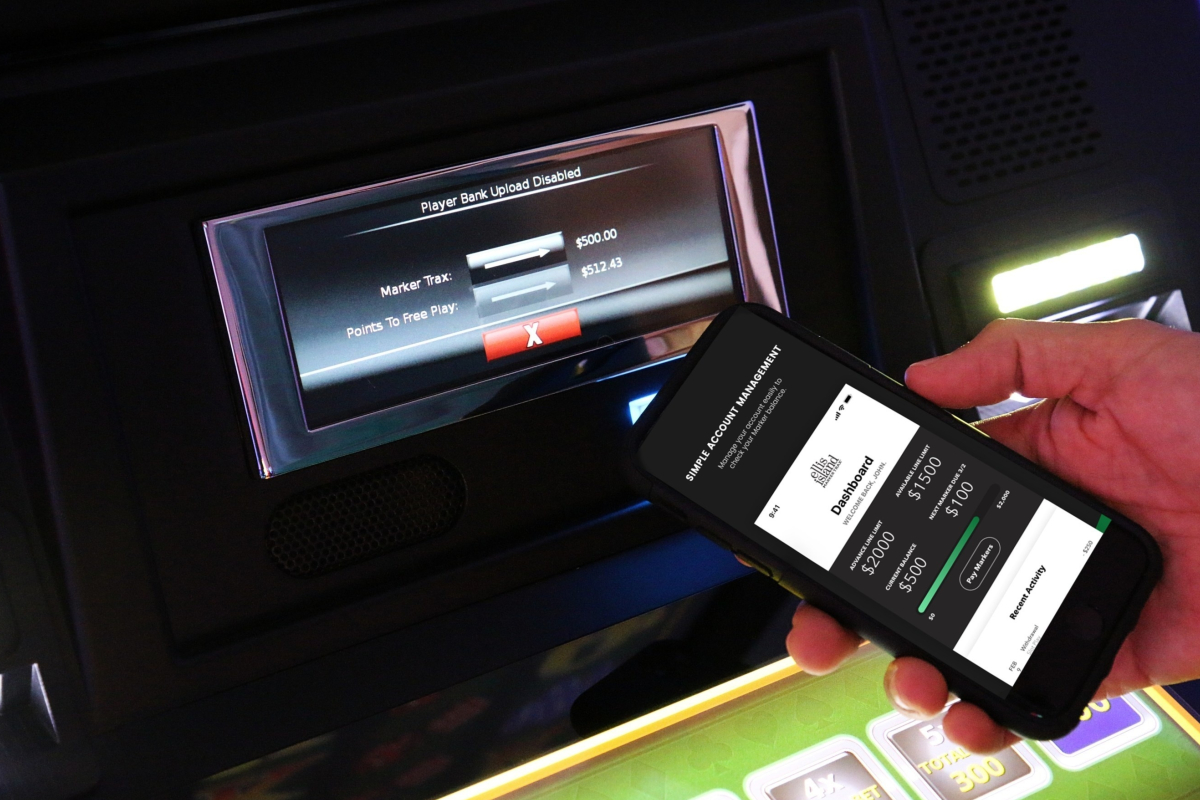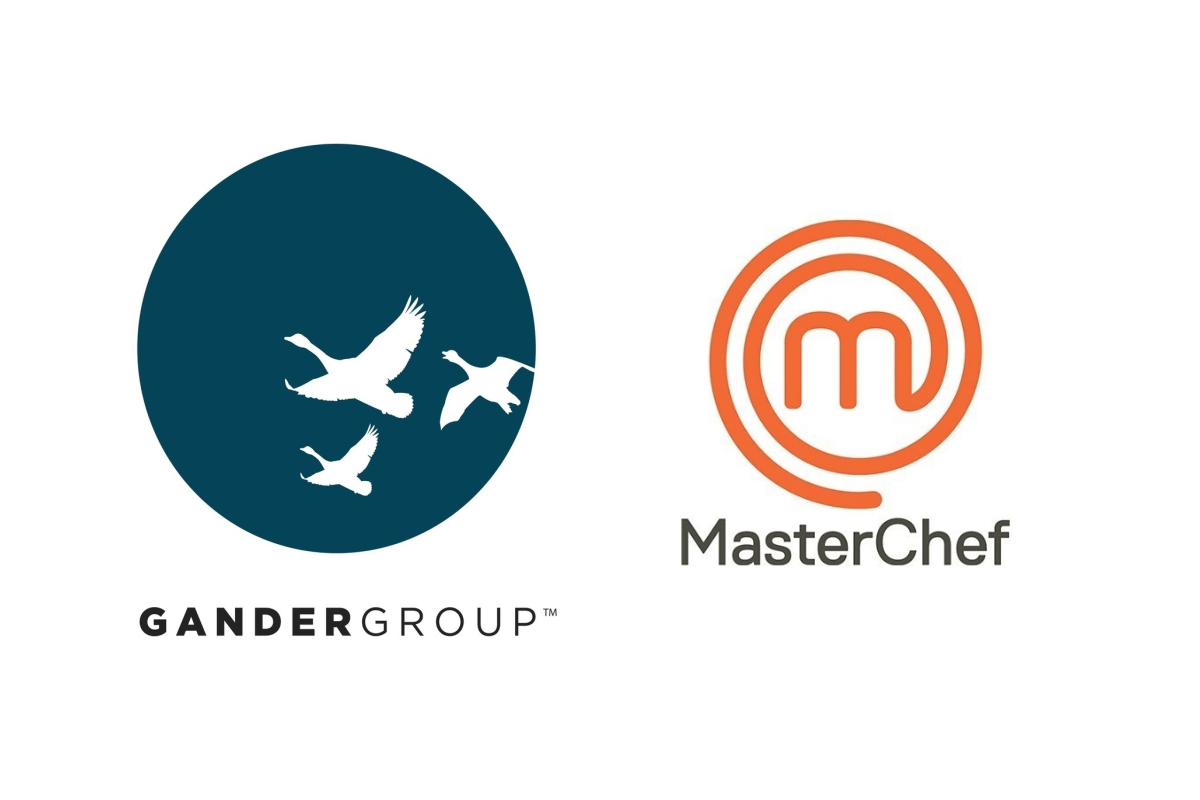
Ellis Island Casino and Konami Gaming Launch Field Trial of Marker Trax Cashless Casino Markers
Konami Gaming has announced that its SYNKROS CMS has powered the launch of Marker Trax cashless casino slot markers at Ellis Island Casino, Hotel & Brewery. It is the gaming industry’s first field trial of cashless slot credit lines in the state of Nevada.
Guests at Ellis Island can apply, get approved, and begin using their slot credit in under five minutes, all electronically. Rather than receiving physical cash for a casino marker, guests enrolled in a PIN-protected SYNKROS cashless wagering account can use their Marker Trax slot credit line to play electronically on any slot machine on the property.
The integration of Marker Trax with SYNRKOS enables Ellis Island Casino to seamlessly issue, record, manage, and track these cashless credit lines, for optimal collections and Anti-Money Laundering compliance.
“The convenience and security of Marker Trax allows players to access an approved credit line in minutes, while eliminating touchpoints with physical cash and multiple personnel. It’s incredibly simple for guests, and truly streamlined within SYNKROS for staff and supervisors,” Gary Ellis, owner of Ellis Island Casino, Hotel & Brewery, said.
“Using the Marker Trax system at Ellis Island is a very easy way to play and allows me to never have to withdraw at an ATM machine. It’s a unique and convenient way of gaming and I believe it’s the future,” Ellis Island Passport Players Club Member D’Ante Garner said.
Jeanette Disbrow, who credits Marker Trax for effectively advancing the gaming experience, said: “Marker Trax is changing the face of gaming. It’s a safe and easy alternative for slot players to enjoy, rather than having to use an ATM. It’s the kind of innovation that’s been needed in gaming for years.”
“SYNKROS has long supported cashless wagering and now we’re thrilled to work with Ellis Island Casino to take the technology even further through Marker Trax’s increased access to convenient slot credit. This technology allows players to apply for a credit line, receive approval, and download that approved credit to their game without ever leaving their seat,” Tom Jingoli, executive vice president and chief operating officer at Konami Gaming, said.
“The player response and business results with Nevada’s first Marker Trax field trail has been incredibly encouraging. Our goal is to take the risk out of slot markers, to ultimately advance play activity for the benefit of players and properties. Add the electronic cashless component, and it’s even more safe and convenient for all involved,” Charlie Skinner, chief operating officer of Marker Trax, said.
SYNKROS’ robust data analytics combined with Marker Trax technology allows administrators to track all activity associated with an extension of credit. This creates a verifiable audit trail to ensure casino credit is enjoyed within the casino environment.










